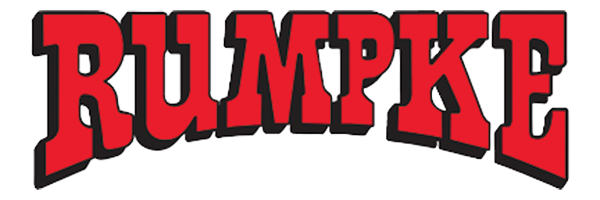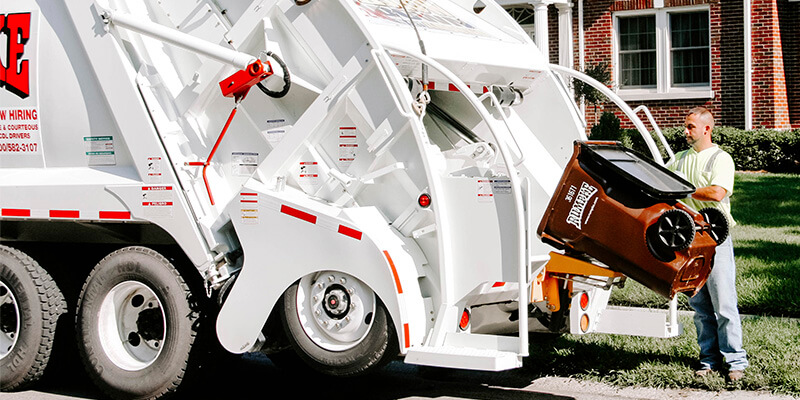Household Cleaners
Rumpke does not accept household hazardous waste, and many household cleaning products are considered hazardous. It is always advisable to review the guidelines of your local solid waste districts to determine the best disposal options in your area.
Batteries
Lithium-Ion batteries should not be discarded in your regular recycling or trash. These batteries are highly combustible and can pose serious danger to waste and recycling workers as well as the motoring public and our facilities. Please contact your local solid waste district to learn about proper disposal procedures in your area.
Automotive Fluids
Many auto fluids are considered hazardous, including antifreeze, fluids, motor oil, oil filters, gasoline, polish and waxes, and therefore can’t go in the garbage. Please contact your local solid waste district for disposal options in your area.
Paint Products
For oil-based paint, spray paint containers, wood sealant, or wood stains, please contact your local solid waste district for disposal options.
For latex paint, it must be solidified with cat litter or sawdust before placement in your trash.
Yard Products
Many yard products like weed killers and fertilizers are considered hazardous and should not go in your trash. Please check with your local solid waste district for proper disposal options.
Miscellaneous Products
There are a variety of other objects that are best left out of the garbage. Anything labeled flammable or hazard should never go in your trash. Some of these items include, but are not limited to:
- CFL light bulbs and fluorescent lights
- Propane tanks
- Swimming pool chemicals
- Corrosive materials, such as sulfuric acid
We realize you may come across any number of various items in your home. When in doubt, please contact Rumpke or your local solid waste district for proper handling and disposal options.


